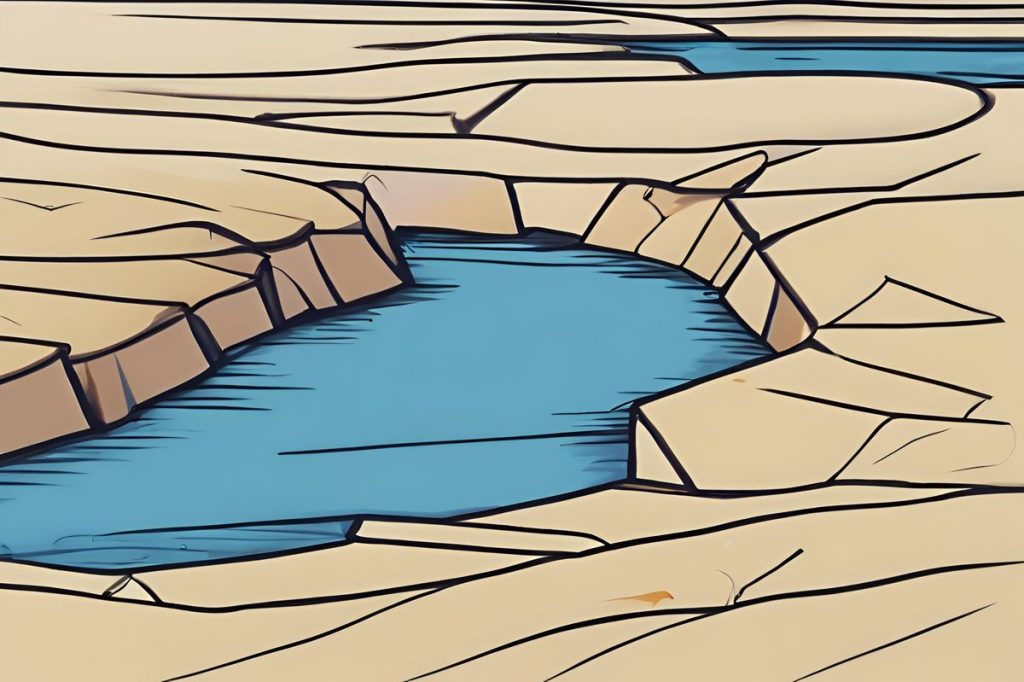The government’s response to water shortages is lacking, with critical actions like a comprehensive water strategy missing. Despite investing in desalination and implementing hosepipe bans, these measures fall short in addressing the urgent need for a robust, long-term plan to combat the worsening issue of water scarcity.
Why is the government not sufficiently addressing water shortages?
The government’s response to water shortages appears inadequate, as critical action like a comprehensive water strategy is lacking. Despite earmarking funds for desalination and banning hosepipe usage, these measures fall short against the need for a robust, long-term plan to address this recurring and worsening issue.
Water shortages represent a critical issue, yet public discourse often lacks the urgency one might expect given the severity of the problem. Despite the impact on agricultural sectors and the daily lives of citizens, there’s a pervasive silence that makes one wonder: is the government truly prioritizing this issue?
Examining the Stats: A Clearer Picture Emerges
The country’s water reserves paint a stark picture. Just look at the numbers from July 19, when the reserves in the dams were a mere 36.8% full, a significant drop from the 60.7% at the same time last year. The situation in Nicosia is even more alarming, with its dams at only 29.8% capacity, which is a sharp decline from the previous year’s 76.3%.
The ripple effect of a drier year is evident. Water Board reports half the amount of water flowed into the dams compared to the previous year. This has hit farmers the hardest, leading to a reduction in water allocation by up to 60%. And while boreholes might offer a reprieve, the salinity levels of this water can harm crops, posing another hurdle for farmers.
The Struggle for Sustenance: Farmers on the Frontline
Farmers, particularly in the eastern regions, have been vocal about their needs, requesting 2 million cubic meters from the southern conveyor to alleviate their plight. In the west, the call is for an additional million from the Asprokremmos dam. Yet, despite scheduled protests and discussions with the Water Development Board, the outcomes remain uncertain.
The impacts are already tangible, with the prices of fruit and vegetables climbing steadily. If water becomes even scarcer, we can only expect further price hikes and reduced production. It’s a cycle that spells trouble for both the agricultural sector and consumers.
Governmental Response: Is it Enough?
In a bid to manage the water shortage, the government has earmarked €58.1 million for water purchases from desalination plants. Furthermore, it’s put a ban on hosepipe usage for cleaning pavements, verandas, roads, and cars, enforcing it with a €500 fine. But such measures feel insufficient against the backdrop of a broader water-saving policy that’s desperately needed.
What we’re witnessing is not just a temporary drought; it’s indicative of a recurring and worsening issue. A comprehensive water strategy is essential. It may include more wastewater treatment plants, restrictions on residential and public lawns, and a reevaluation of water-intensive activities like maintaining golf courses. The problem isn’t going away, and it’s high time for a robust, long-term plan.
Why is the government not sufficiently addressing water shortages?
The government’s response to water shortages appears inadequate, as critical action like a comprehensive water strategy is lacking. Despite earmarking funds for desalination and banning hosepipe usage, these measures fall short against the need for a robust, long-term plan to address this recurring and worsening issue.
Is the government prioritizing the issue of water shortages?
Water shortages represent a critical issue, yet public discourse often lacks the urgency one might expect given the severity of the problem. Despite the impact on agricultural sectors and the daily lives of citizens, there’s a pervasive silence that makes one wonder: is the government truly prioritizing this issue?
What is the current state of the country’s water reserves?
The country’s water reserves paint a stark picture. Just look at the numbers from July 19, when the reserves in the dams were a mere 36.8% full, a significant drop from the 60.7% at the same time last year. The situation in Nicosia is even more alarming, with its dams at only 29.8% capacity, which is a sharp decline from the previous year’s 76.3%.
What measures has the government taken to address the water shortage?
In a bid to manage the water shortage, the government has earmarked €58.1 million for water purchases from desalination plants. Furthermore, it’s put a ban on hosepipe usage for cleaning pavements, verandas, roads, and cars, enforcing it with a €500 fine. But such measures feel insufficient against the backdrop of a broader water-saving policy that’s desperately needed.

